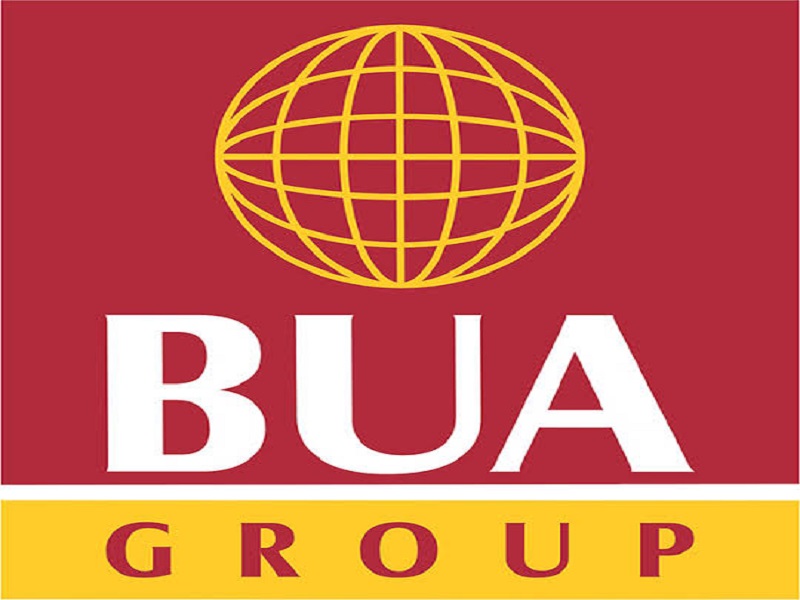Alh. Abdul Samad Rabiu, Chairman of BUA Cement has recounted how cement dealers frustrated his company’s N3, 500/bag policy, last year.
He spoke at the 8th Annual General Meeting of the company in Abuja, this afternoon.
Ravenewsonline reports that BUA sold over a million tons of cement to dealers at N3, 500, per bag, with the intention that they would pass the benefits to end-users, the dealers sold a bag of cement consumers at as high as N7000 and N8,000.
Read Also: BUA Crashes Cement Price to N3,500 Per Bag
A ton is equal to 20 bags of 50 kg weight.
He said the company had to discontinue the policy as its intervention was not to subsidise dealers.
According to him, BUA Cement could not stop the dealers whom he said made huge profits from the high margin because the company had no control over prices in the open market.
He added that the Naira devaluation last year and the fuel subsidy removal also played roles in making the policy unsustainable.
Alh Rabiu said, “We were selling cement at N3,500 with the expectation that the dealers and the retailers would pass the benefits of the low price to the end-user customers.
“It’s such that whatever price you sell cement at, you pay. It doesn’t matter what happens if the price doubles or triples if it’s less than that. So, we didn’t actually have that price.
“So, a lot of the dealers took advantage of that policy. Rather than pass the low prices to the customers, they were selling at even double the price we sold to them.
“Some were selling at N7, 000 and 8 000 per bag. They made a lot of money from the very high margin. I think we had sold more than a million tons, yes at N3,500 before we realised what the dealers were doing.”
“And then, because of the issues that Nigeria faced at the time about devaluation of the Naira last year and the removal of fuel subsidy, we could not continue that policy.
“We wanted that price to stay at that level but dealers refused. So, we could not sustain that simply because we did not want to be in a situation where we are subsidizing dealers. We are subsidizing the dealers.
“So, I’m referring to the point where the FX rates, the exchange rates, from when we decided to sell it at N3,500, the rate was about N600 to maybe N1,800, N1,900 to the US Dollar. So, it became even more challenging and more difficult for us to actually sustain that price.”
The Chairman said, however, that the company had continued to work towards making that prices did not escalate at levels of the percentage increase of the Naira devaluation.
His words, “If you see the exchange rate then, and the exchange rate today, we see that cement is actually cheaper today than what it was last year.
“The reason being that if the dollar was up, so we see there is, the price of cement should actually be maybe N10,000 Naira per bag. The dollar exchange rate has actually been goin up you know. The price of cement, if you take the N4,000 that it was in the beginning of last year, at 4,000 .and today’s N6,000, it’s only 50% increase.
“So, we directly pushed to ensure that the price of cement is not getting higher than what it is today.
“But then again, you have areas where everything is dollar-dominated. Energy is the biggest cost. You know, it’s not correct.
“And our energy today is denominated in dollars. We buy gas to power our plants mainly. And gas is priced in dollars.”
The Chairman revealed that one of BUA’s plants monthly invoice, NGKW is about N15 billion Naira for one plant, one factory.
Read Also: BUA Group Refutes Allegations of Illicit Forex Dealings
Maybe N16 billion monthly. It used to be N3 or N4 billion Naira. That is just one example.”
According to the financial report presented by the Board of the company, the company recorded a strong revenue growth of 27.4% to N460 billion (2022: N361 billion), resulting from its increasing market share.
However, with the devaluation of the Naira in June 2023, and its continued depreciation, as well as growing inflation, the Company experienced increasing price pressures which affected production costs, which increased by 39.5% to N276 billion (2022: N197.9 billion).
Within this period under review, a net foreign exchange loss of N70 billion (2022: N5.5 billion) was recorded, with N52.5 billion attributed to finance costs.
This was associated with the construction of an additional 3mmtpa lines at Obu and Sokoto, and the sum of N17.5 billion was attributed to foreign trade payables.
Despite these challenges, the Company reported a net profit after tax of N69.5 billion and declared a N2 dividend per share.
![]()






























































